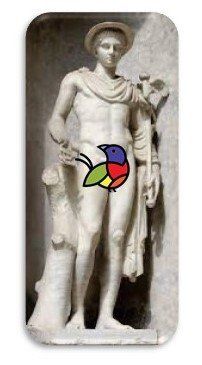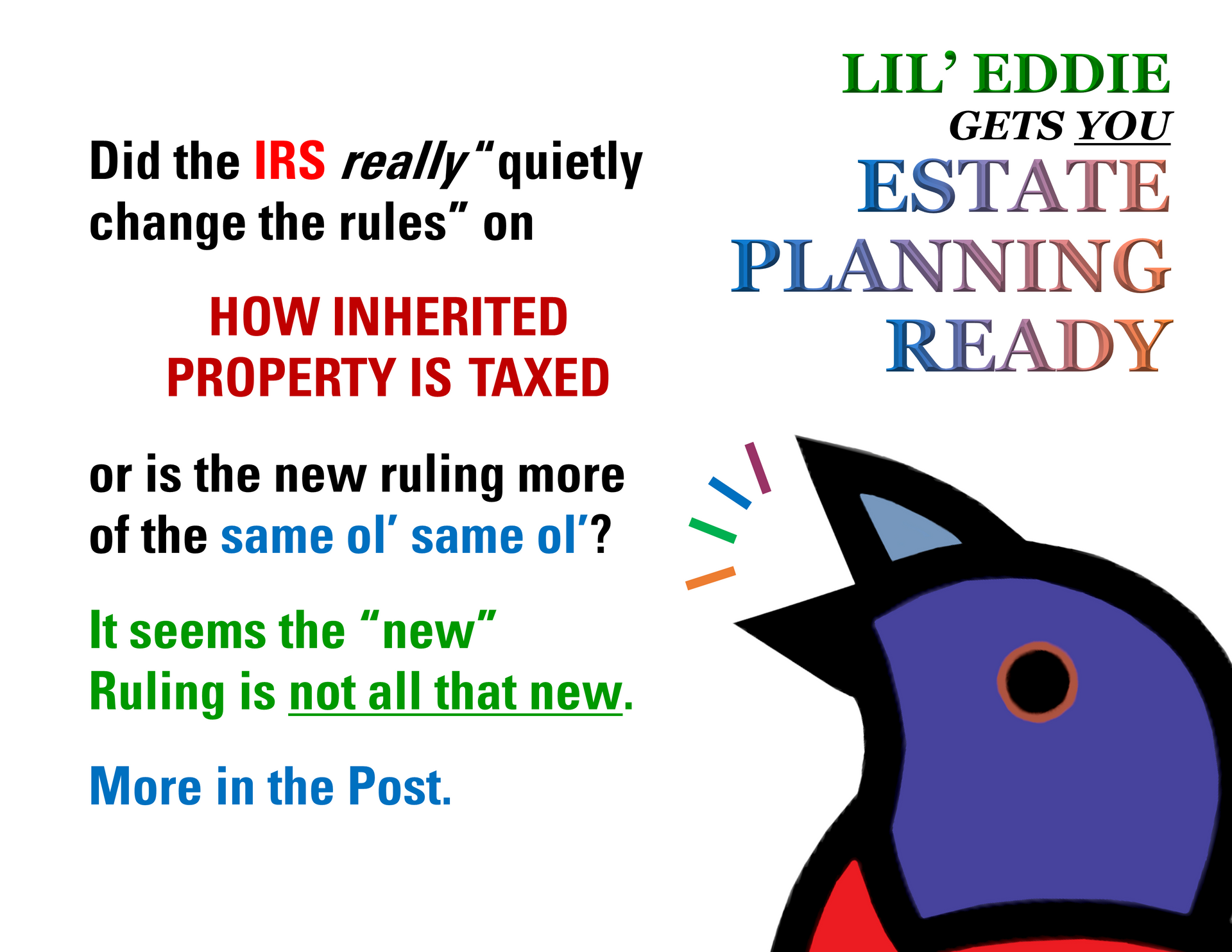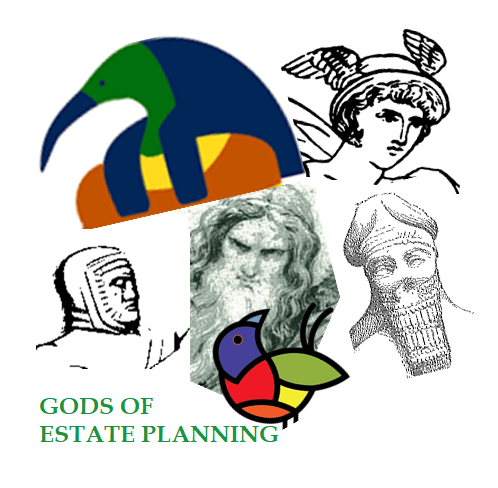Gods of Estate Planning: Hermes will make your HEART FLUTTER!
Which Mythological God of Estate Planning Embodies Your Goals?
The sacrifice is prepared; an offering of gold and silver. Do I speak of a sacrifice to the incorporeal estate planning gods, or to the entities here on Earth that tax and deplete your estate when you depart this plane of existence? Many mortals seek to safeguard the wealth of their estate by avoiding taxes, fees, and other expenses after they’ve passed to the next world. Those who wish to preserve the wealth of their estate must be fleet of foot, and should therefore consider retaining Attorney Hermes as their ethereal estate planning attorney in Part 2 of our Gods of Estate Planning series!
Hermes, god of estate planning
Hermes is the Ancient Greek god of messengers, commerce, shepherds, speed, wit, speech, and magic. All good estate planning gods, as well as modern flesh and blood estate planning attorneys, embody these virtues, but Hermes also filled the role of psychopomp for the Ancient Greeks. Since we all already know what a pyschopomp is, it goes without saying that as a psychopomp Hermes was responsible for leading the souls of the recently departed to the underworld.
Hermes was so good at being a psychopomp that he became the god of those travelling along our terrestrial roads as well, along with the merchants who would travel those roads plying their trade. His role as god of commerce resonates today, with the words merchant, mercantile, and merchandise all being born from his Roman name: Mercury (thieving Romans, Romanes eunt domus!)
As a god of commerce, Hermes was interested in ensuring wealth was properly and honestly earned. In the "Tale of the Honest Woodcutter," a poor woodcutter accidentally dropped his only axe and means of livelihood into a river. Hermes dove into the river and returned not with the woodcutter’s plain axe, but a glorious golden axe. “Is this what you lost?” Hermes asked the woodcutter, but the woodcutter truthfully said it was not. Hermes dove again into the river, this time returning with a magnificent silver axe. “Is this what you lost?” Hermes asked the woodcutter, but the woodcutter, again, said it was not. Hermes dove into the river a third time, and this time returned with the plain, old axe the woodcutter had lost, which the woodcutter gladly accepted. Impressed by how honest the woodcutter had been, Hermes gifted to him the golden axe and silver axe as a reward for his virtue. When a jealous neighbor heard what transpired, he misinterpreted the reason for the gift and threw his axe into the river as well. When Hermes asked if the golden axe was his and the jealous neighbor claimed it was, Hermes punished him by refusing both the golden axe and the return of his own axe.
For these reasons,
Ed Lowe Law, with its full right and authority, grants the title "god of estate planning" to
Hermes. As an estate planning god, Hermes embodies the estate planning goals of
preserving the wealth of your estate with honesty and wit, in order to be a good shepherd for the flock you leave behind.
Estate Planning Goal: Safeguarding the Estate
When I talk to clients, almost all of them are interested in making sure as much money as possible is left in their estate for the people they leave behind. They’re not looking to take anything that they didn’t earn; they’re only looking to make sure their estate passes without paying excessive taxes and exorbitant fees. Certainly not an unfair request; all we want is for our axe to be returned to us. Through a clever and honest estate plan, we may be able to have what was ours, plus a little more for the next generation. Hermes would be pleased to see this goal accomplished in an ethically planned estate plan.
Often such a plan will begin with a Funded Living Trust to avoid the probate process in Connecticut and each other state where assets are owned. Avoiding the probate process can save the estate a lot of time, publicity, and money, but keep in mind that the Connecticut probate court must always receive and review the estate tax return of the deceased. This makes a Funded Living Trust planning an excellent first step in an estate plan, accomplishing many of the usual estate planning goals people have, and it also serves as a flexible base for clients who require more advanced planning. Whether or not it is the right estate planning tool for you depends on much and can be determined in a consultation with an attorney. To earn a free consultation with Ed Lowe Law, inquire and attend one of our complimentary seminars.
Check Out the Estate Planning Gods of Other Mythological Pantheons
Thoth, Greek God of Estate Planning -
Here
Bragi,
Norse God of Estate Planning - Coming Soon
Nabu,
Mesopotamian God of Estate Planning - Coming Soon
Ogma, Celtic God of Estate Planning - Coming Soon

Quick Links
Services
Get in Touch
Phone: 203-951-5435
Address: 1480 Boston Post Rd, Old Saybrook, CT 06475, United States of America
All Rights Reserved | Ed Lowe Law, LLC






